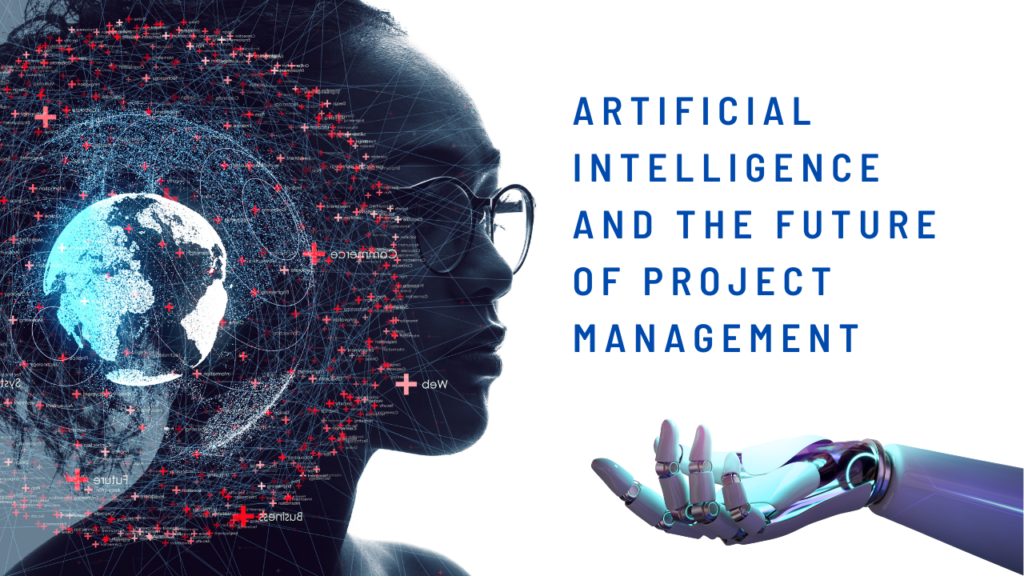AI and Data Analytics have changed the entire scenario regarding the efficiency, accuracy, and judgment of modern-day project management. Below, we describe their respective roles and benefits.
AI in Project Management
- Automation: AI automates many mundane tasks like scheduling, task assignment, and progress monitoring. This minimizes manual errors, but more importantly, it frees the project managers from petty activities to devote themselves more to strategic ones.
- Predictive Analysis: AI employs Machine Learning techniques to analyze historic data and predict the probable risks and bottlenecks. This provides the project managers with a picture of possible hurdles to address issues proactively before they finally impact project delivery.
- Optimization of Resources: Including artificial intelligence programs, these generally capture information about capabilities and workloads, availability, and workload per team member and consequently allow the proper allocation of these resources. Efficient utilization is there toward resources instead of just assigning them for one task and straining the project team members.
- Harmonizing Growth: Internal communication channels within a team are further supplemented with tools or AI devices such as digital dashboards or chatbots. Consequently, better team collaboration without defects is encouraged.
Data Analytics In Project Management
- Data-Fed Planning: Data analytics is a very strong tool for analyzing past project data to create sound forecasts and plans; predictive models take into account the likelihood of delays and resource constraints; thus managers can alter their strategies proactively.
- Real-Time Monitoring: Analytical tools provide dashboards and other visualizations that improve the in-depth real-time information regarding performance. Therefore, it allows early detection of deviations and immediate corrective action.
- Risk assessment: Historical data used in combination with advanced analytics will allow for the development of patterns that indicate probable risk situations. Management can develop strategies to control and minimize disruption through this process.
- Stakeholder Communication: Analytics data visualizations make it easy to relay updates and projections on challenges involved within a project to its stakeholders. All these develop trust and align all involved parties.
The combination of artificial intelligence and data analytics is beneficial for many reasons; In terms of accuracy, it allows for real-time insights for
- In terms of efficiency, it automates and streamlines.
- better decision-making.
- It predicts risks and opportunities for proactive management.
Challenges and Future Perspective
These challenges, among others, will be an increase in the skill gap, issues of data quality, and the sheer complexity of tool selection and integration to AI and data analytics. Nevertheless, this will remain an evolutionary journey as it will keep improving and advancing. Thus, project management will yield efficient, strategic, and collaborative control of the projects.
Let’s take a look at what the long-term future promises, including fabulous dreams about virtual assistants based on AI, improved predictive models, and much focused collaborative platforms—very much all augmentations farther down the productivity path in project management. One must rise and move with the times if one has to survive in today’s fast-paced business world.
For Further, visit https://jobz4you.com/wp-admin/
